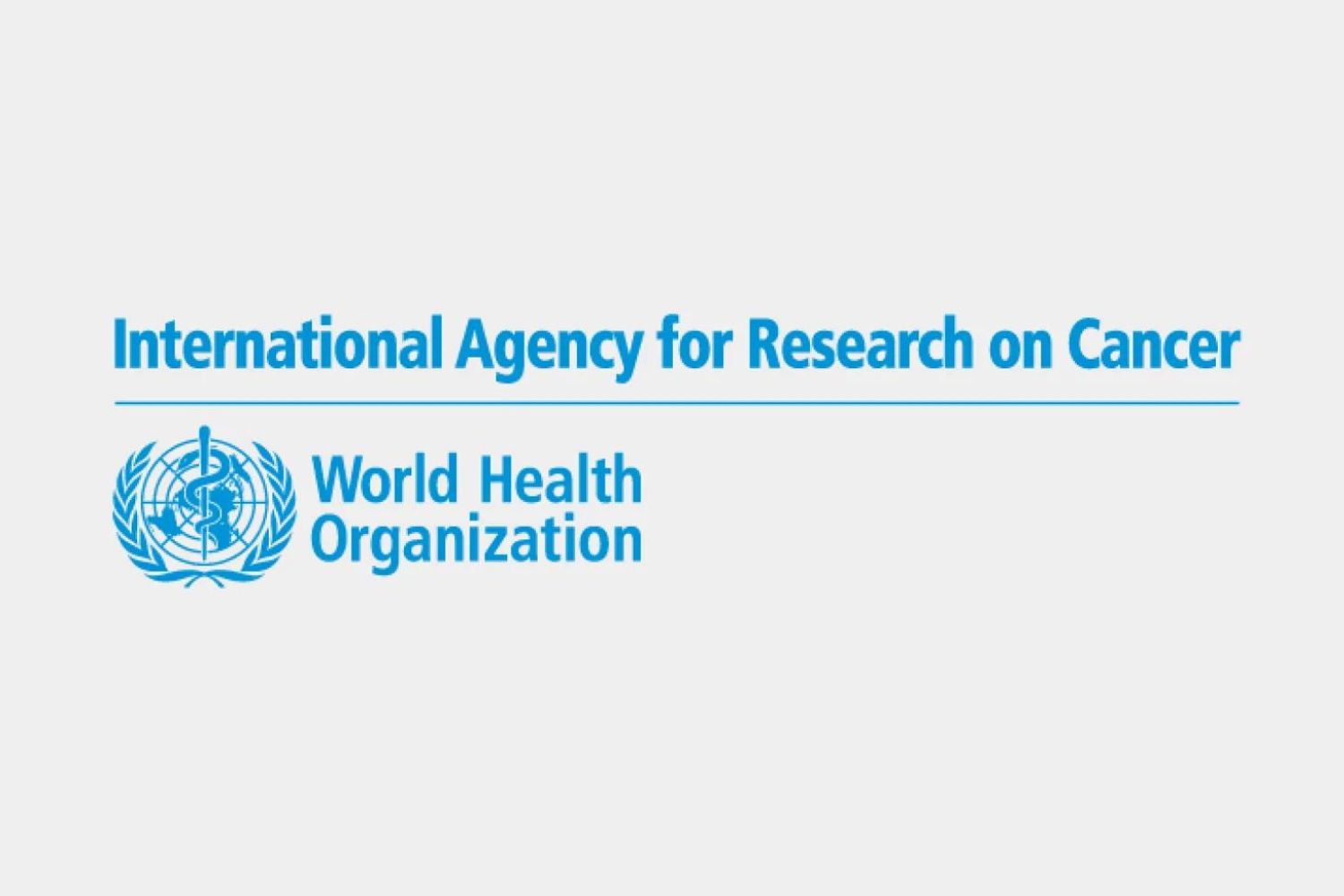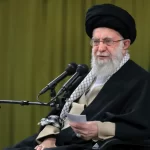The Kingdom of Saudi Arabia has joined the International Agency for Research on Cancer (IARC), demonstrating its commitment to advancing cancer research and prevention.
The International Agency for Research on Cancer (IARC) is part of the World Health Organization. Its mission is to coordinate and conduct research on the causes of human cancer, the mechanisms of carcinogenesis and to develop scientific strategies for cancer control. The Agency is involved in both epidemiological and laboratory research and disseminates scientific information through publications, meetings, courses, and fellowships.
Saudi Arabia faces a significant burden of cancer, with an estimated 28,100 new cases and approximately 13,400 cancer-related deaths in 2022. The most common cancer types for both sexes were breast cancer, colorectal cancer, and thyroid cancer. Recognising the importance of research on cancer screening, prevention, and quality of care, Saudi Arabia has prioritised cancer control as part of its broader healthcare goals outlined in Saudi Vision 2030.
The Kingdom of Saudi Arabia’s new inclusion as an IARC Participating State opens up opportunities for developing a comprehensive collaboration program. This program aims to enhance the capacity for cancer research and address the need for cancer control. Priority areas of collaboration between the Kingdom of Saudi Arabia and IARC include cancer registration, early detection and screening, research, capacity-building, and the evaluation of cancer control programs.
The increasing cancer burden in the Kingdom of Saudi Arabia is significantly influenced by risk factors such as elevated body mass index, smoking, social habits, and environmental and occupational exposures. Targeting these factors aligns with the government’s agenda to combat non-communicable diseases and will be a key focus of the collaboration with the IARC.
IARC’s Mission: Cancer research for cancer prevention
The International Agency for Research on Cancer (IARC) is the specialised cancer agency of the World Health Organization.
The International Agency for Research on Cancer (IARC) aims to promote global collaboration in cancer research. It brings together experts in epidemiology, laboratory sciences, and biostatistics to identify the causes of cancer, enabling the implementation of preventive measures and the alleviation of the disease burden. A key function of the Agency is its capacity to coordinate research efforts across nations and organisations, supported by its independent status as an international organisation. IARC is particularly focused on conducting research in low- and middle-income countries through partnerships and collaborations with local researchers.
Causes and prevention of cancer
The agency’s focus is on understanding how environmental and lifestyle factors interact with genetic predispositions in studies of entire populations and in experimental models. Most cancers are caused by environmental factors and can be prevented. The IARC Monographs program is a key part of the Agency’s work. It brings together international experts to study whether certain exposures can cause cancer. Additionally, the Agency is committed to studying methods for detecting cancer early and evaluating ways to prevent it.
Global cancer biobank
IARC plays a coordinating role in managing a biobank with around 6 million biological samples from approximately 600,000 individuals. This resource allows for the use of advanced laboratory methods to research the causes, early detection, and prevention of cancer through collaborative studies with numerous international partners.
The Agency’s main mission is to build the capacity of cancer researchers worldwide. This is done through fellowships, courses, and publications, with a focus on training researchers from low- and middle-income countries in the areas of cancer epidemiology, cancer registration, and implementing cancer prevention and early detection.
IARC works closely with its parent organization, WHO, to effectively translate its research findings into timely policies for cancer control. This collaboration is evident in areas such as reducing tobacco use, implementing vaccination against cancer-causing viruses, and assessing the effectiveness of intervention strategies. It’s important to note that IARC is not directly involved in implementing control measures or conducting research on cancer treatment or patient care.
Cancer Statistics
The International Agency for Research on Cancer (IARC) released the latest estimates of the global burden of cancer in February this year. The World Health Organization (WHO) also published survey results from 115 countries, showing that a majority of countries do not adequately finance priority cancer and palliative care services as part of universal health coverage (UHC).
The IARC estimates, based on the best sources of data available in countries in 2022, highlight the growing burden of cancer, the disproportionate impact on underserved populations, and the urgent need to address cancer inequities worldwide.
In 2022, there were an estimated 20 million new cancer cases and 9.7 million deaths. Approximately 53.5 million people were alive within 5 years following a cancer diagnosis. About 1 in 5 people develop cancer in their lifetime, with approximately 1 in 9 men and 1 in 12 women dying from the disease. Lung cancer is the leading cause of death amongst cancers worldwide.
ALSO READ: 15 February 2024; International Childhood Cancer Day













